The biggest question any vegetarian or vegan will get when meeting new people, or letting your family know about your dietary choices, is “How do you get your protein?” Contrary to popular belief, vegetarian and even vegan diets usually contain more than adequate amounts of protein. By making sure you are including protein rich foods daily, one can ensure that protein needs are being met.
Vegetarian and vegan diets do not consist of only spinach and seeds. There is a whole bounty of foods to choose from! Nuts, grains, fruits, vegetables, and beans form the basis of vegan diets, and vegetarians also eat dairy and eggs. These foods are loaded with vitamins, minerals, fiber, and phytochemicals, to protect you from cancer and heart disease. Instead of looking at this as an EXclusion diet, think of it rather as an INclusion diet.
The Institute of Medicine recommends that healthy Americans get around .8g of protein for every kilogram of body weight. For a woman who weighs 150 lbs that is 60g of protein. A common misconception is that meat is the only source of protein. Quite the contrary-in fact only fruits and oils have no protein. Beans, nuts, and grains are great sources of protein in a vegetarian diet. As you can see in the examples below, with a little careful planning it isn’t difficult to meet these needs.
• 2 eggs – 12g protein
• 10 almonds – 2.5g protein
• 14 walnut halves – 4g protein
• 8 oz milk – 8g protein
• 6 oz Fage greek yogurt – 16g protein
• ½ cup cooked beans – approximately 8g protein
• ½ cup cubed tofu – 12g protein
• 1 cup cooked lentils – 18g protein
• 1 cup cooked pasta – approximately 6g protein (some varieties of pasta contain even more protein)
• 1 cup quinoa – 9g protein
• ½ cup shelled edamame – 8g protein
• 2 tablespoons peanut butter – 8g protein
• 1 NuGo Dark Peanut Butter Cup Bar – 10g protein
Next time someone asks “How do you get your protein,” you will now have nutritional knowledge in your arsenal to fire back a rapid reply! Use it in great health.
About the Author:

Elizabeth Jarrard is a registered dietitian based in Boston, MA. With a B.S in Nutritional Sciences from Boston University she hopes to heal her clients’ relationships with food and their bodies. You can find her running, sweating in hot yoga, cooking in the kitchen, or exploring new restaurants. Follow Elizabeth on Twitter @ElizabethEats or read her two blogs: Guiltless and Don’t (White) Sugar Coat It.
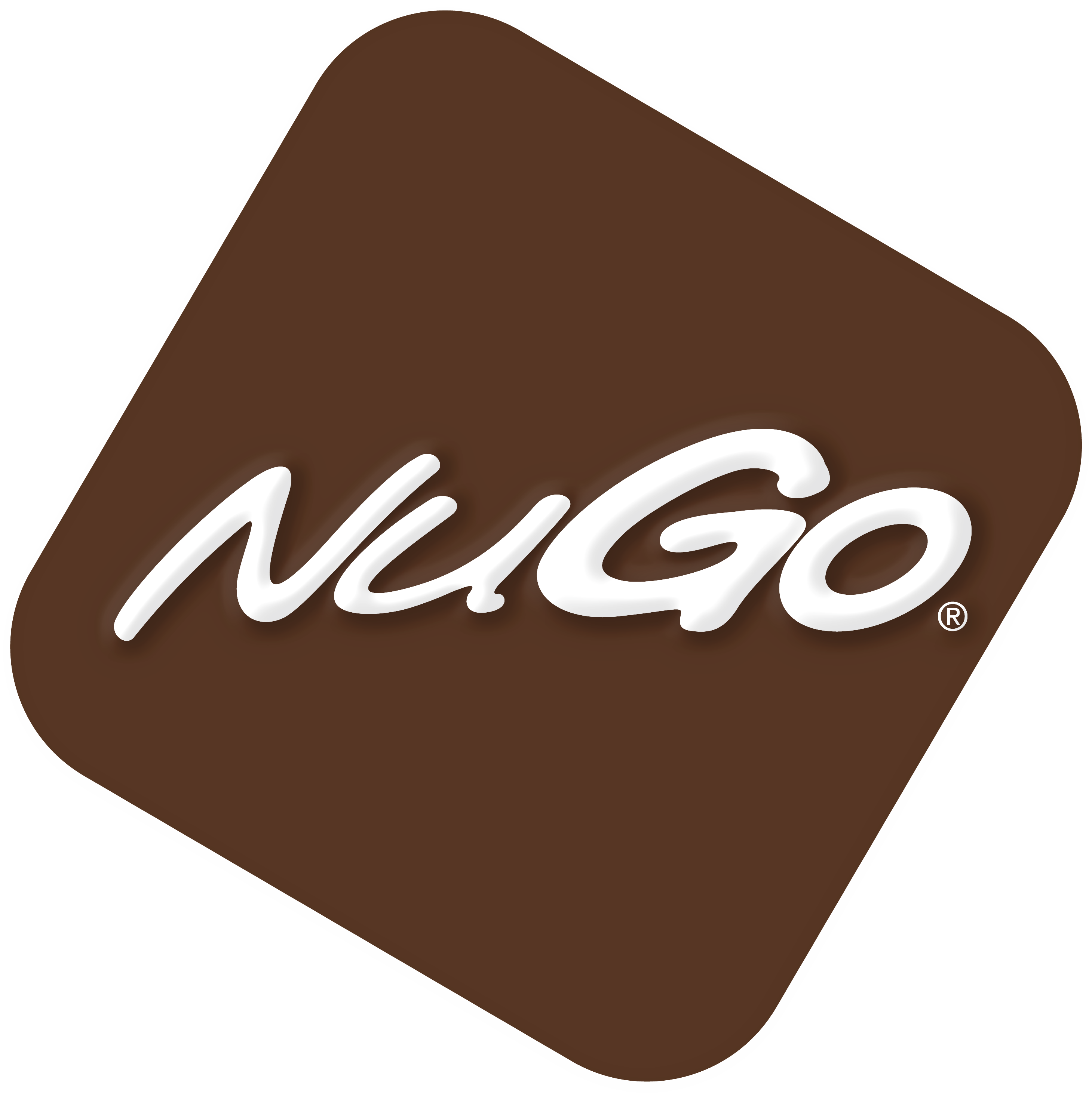
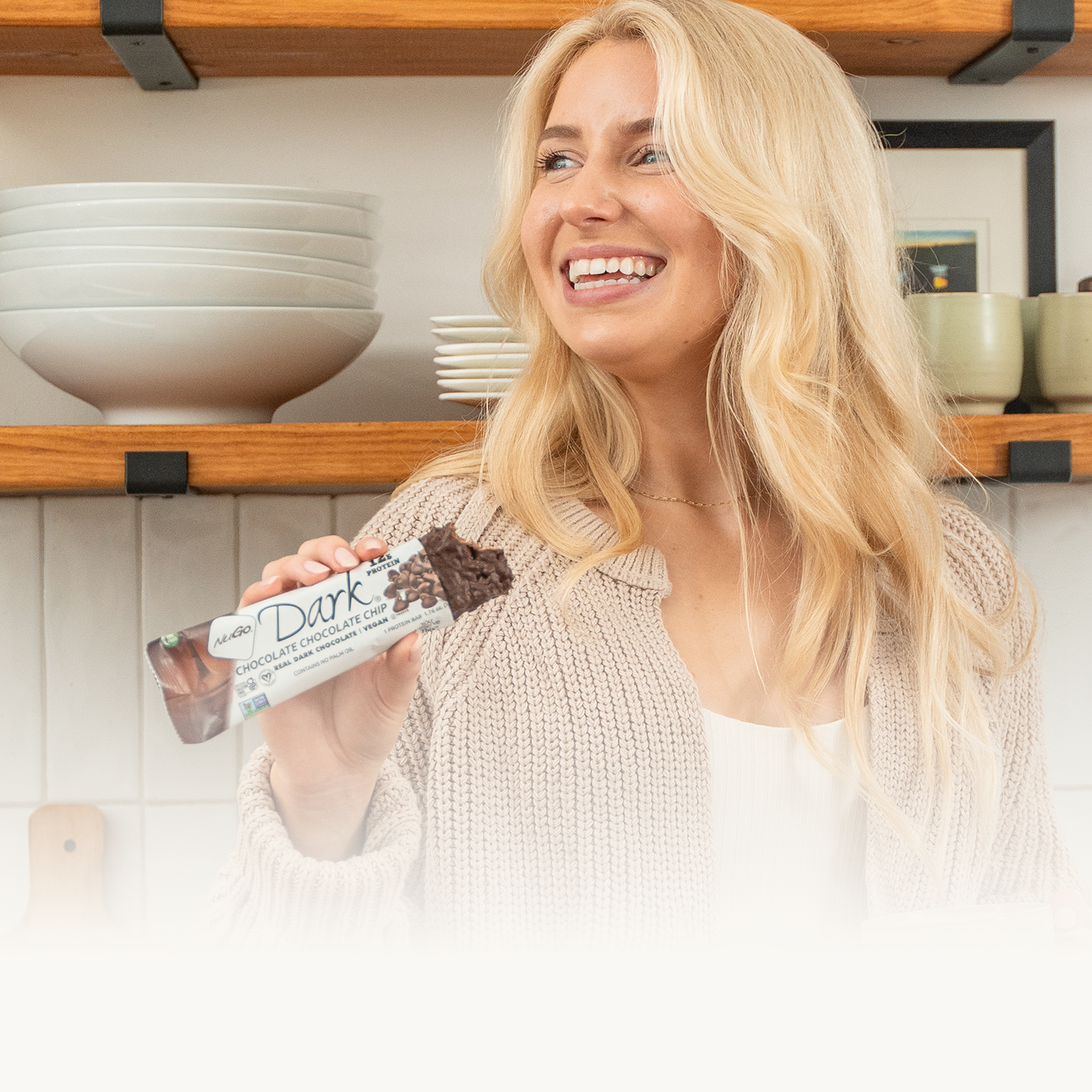
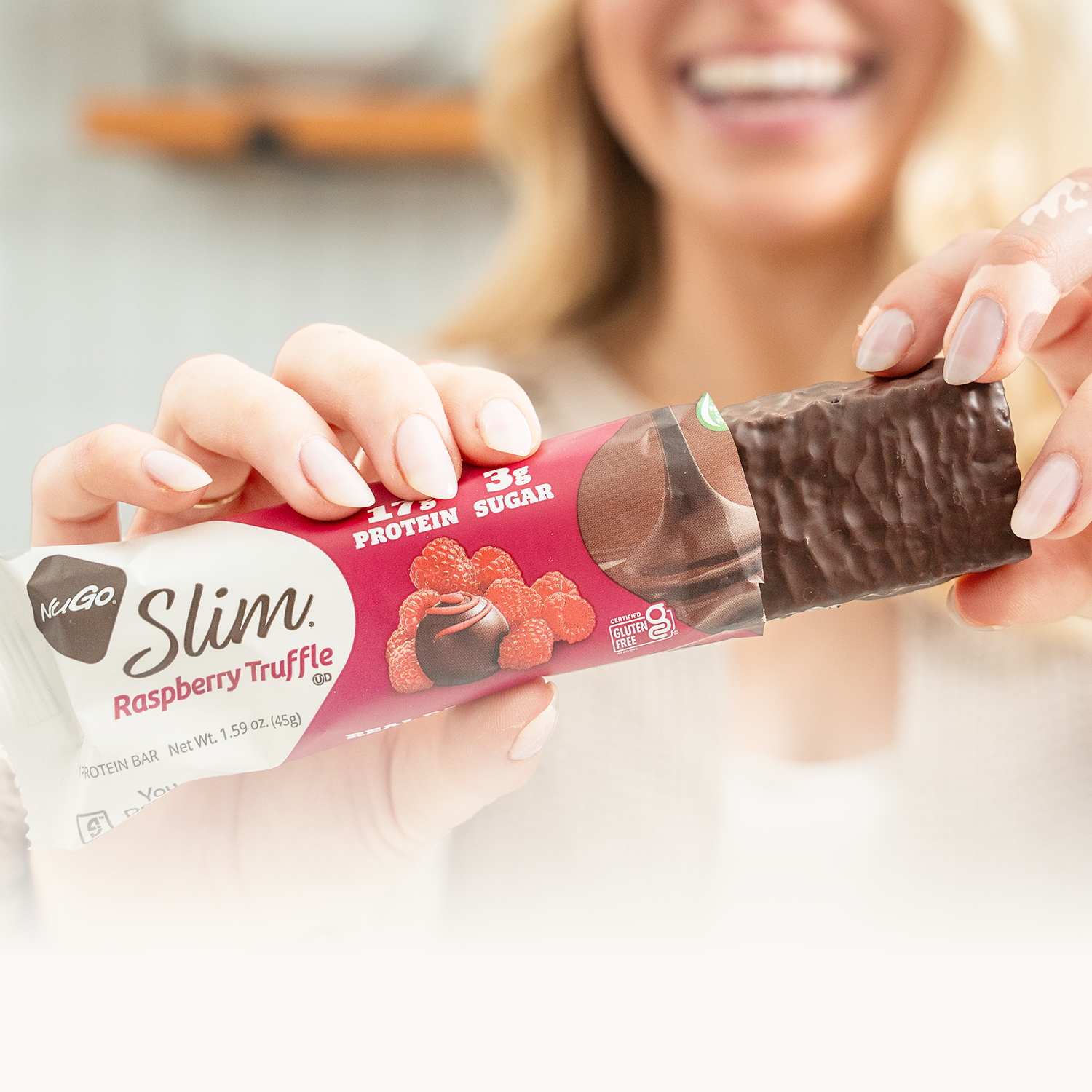
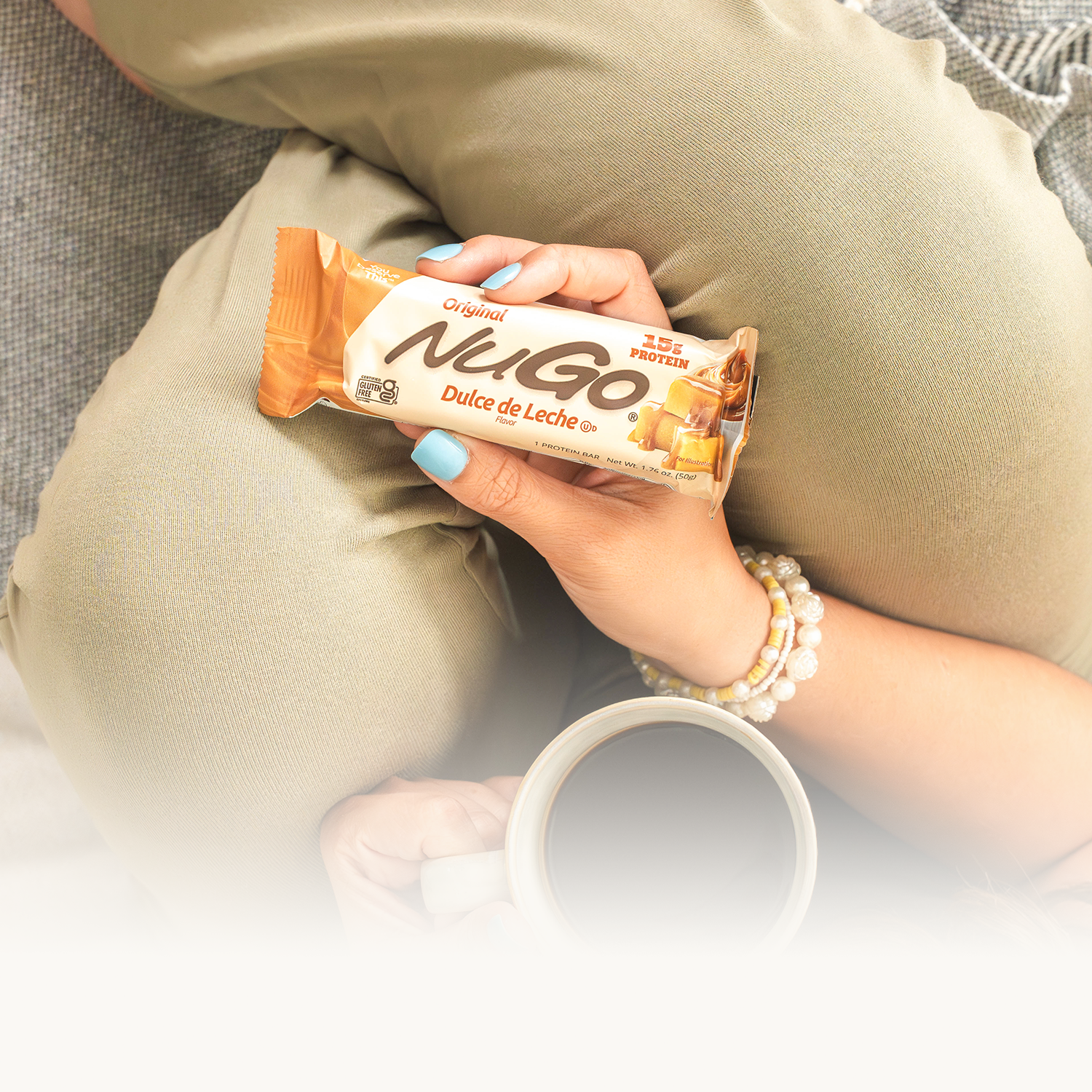
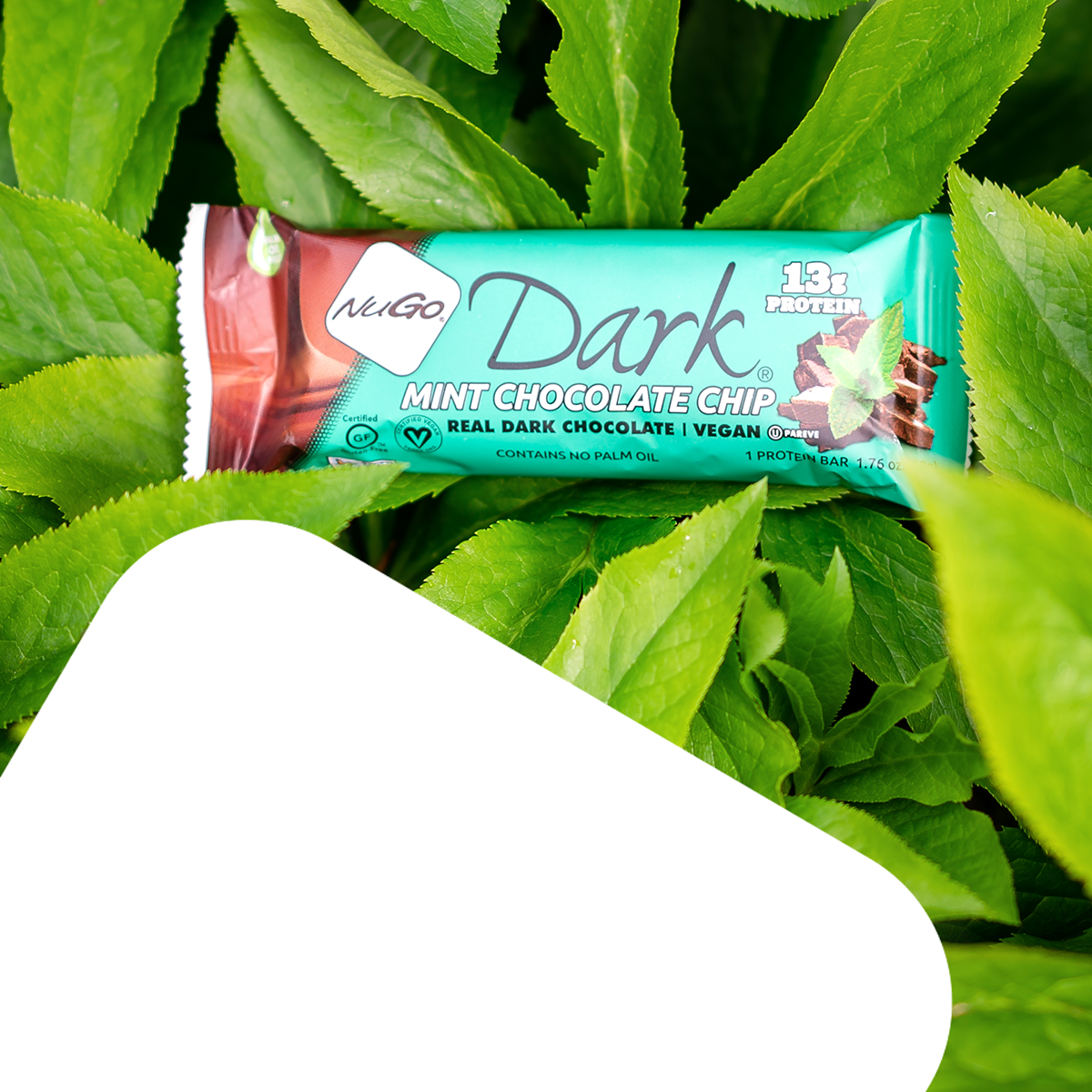
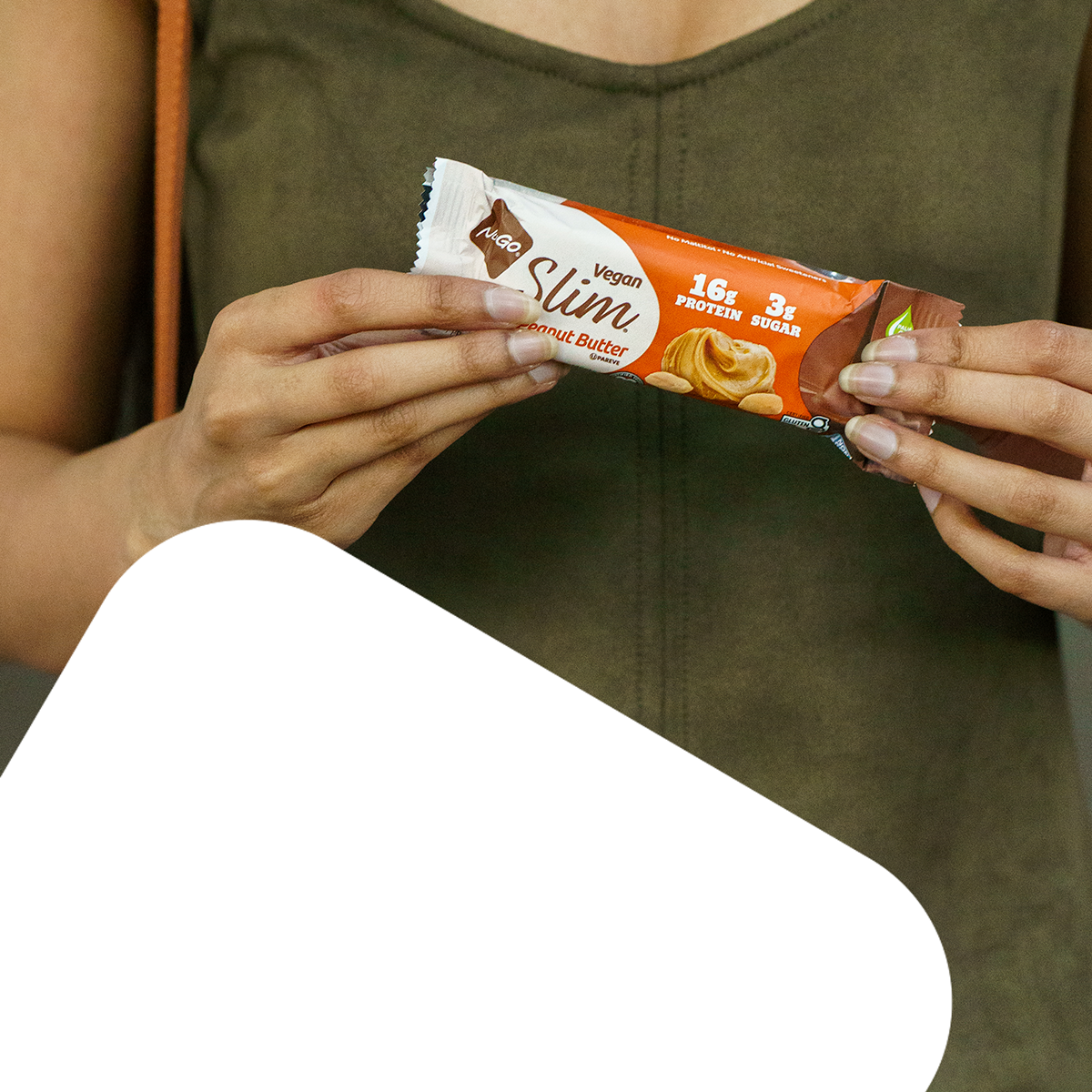
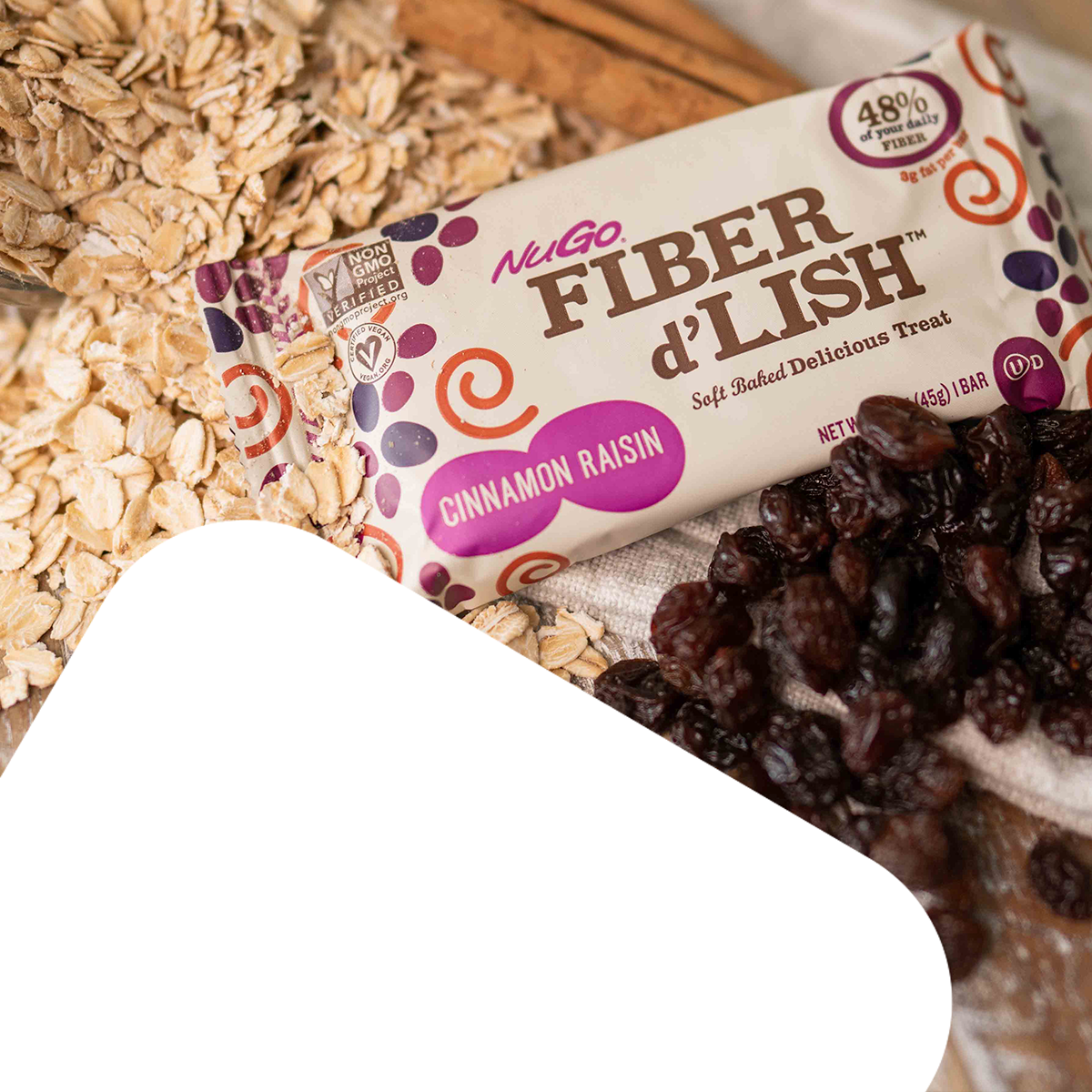
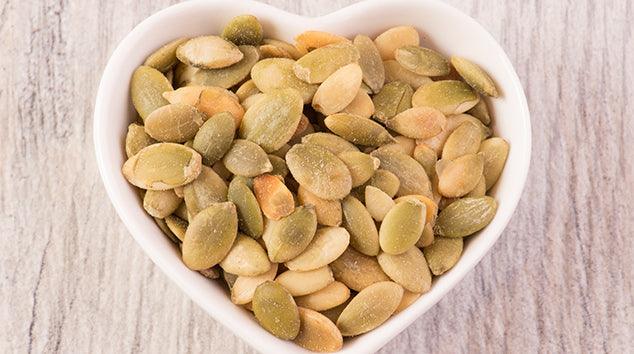
Leave a comment
This site is protected by hCaptcha and the hCaptcha Privacy Policy and Terms of Service apply.